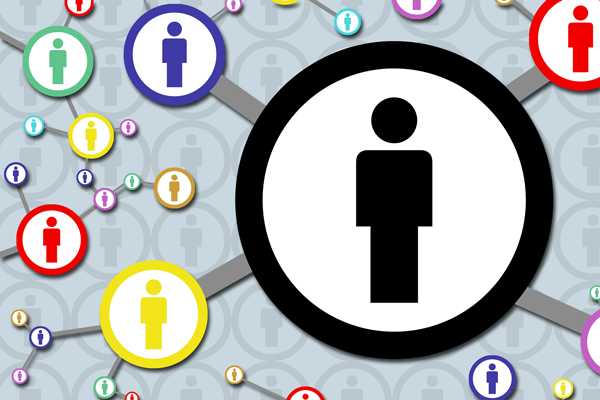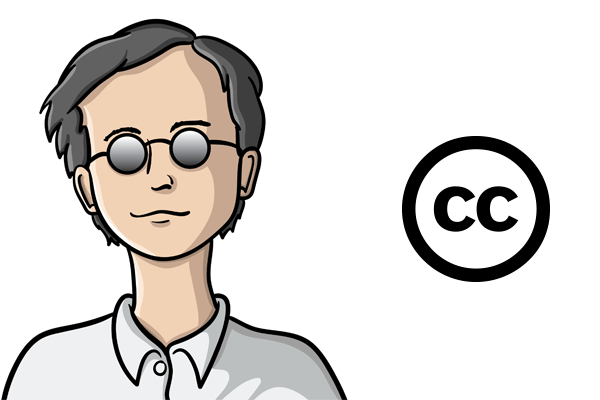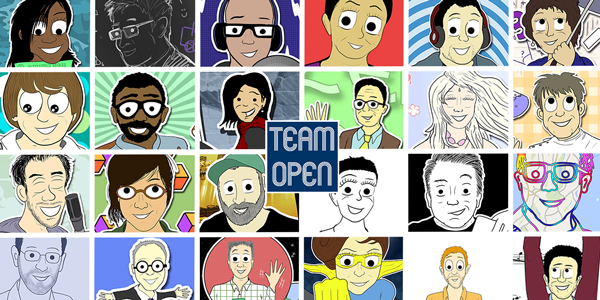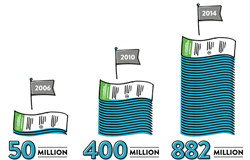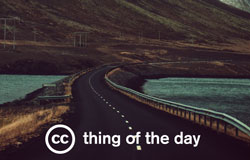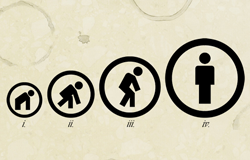In October, Flickr announced a new service that allows its members to order printed photos on wood or canvas, choosing either from their own photos, from a set of curated images, or from about 50 million CC BY or CC BY-SA–licensed images. Flickr would share profits with the photographers of the curated images, but not the CC-licensed ones, as those licenses permit Flickr to use the photos commercially.
Today, we learned that Flickr is removing all CC-licensed images from the Wall Art program. I understand why Flickr has made the decision to change the program, and appreciate their commitment to working to strengthen our community.
This has been a controversial topic here at Creative Commons — at all levels of the organization, and in our community. Some feel that a community discussion should have come before launching the program, or that Flickr users should have had a choice of whether to allow Flickr to monetize their CC-licensed photos. Others think that abiding by the terms of CC BY isn’t enough, and that there is a moral obligation to share profits. And still others think that this is exactly what the free culture movement intended — permissive use of any kind by anyone (even large companies), so long as the terms are met.
Flickr has been a big part of the growth of the commons, and the advancement of CC licenses. In our recent State of the Commons report, we identified over 880 million licensed works — 307 million of them are on Flickr. It’s the largest public archive of CC-licensed images. So when I read articles and blog posts recommending that Flickr users remove their works from the commons, I was concerned. Users of any media platform should feel secure in their understanding of how their content will or won’t be used.
A central principle of open licenses is that the rights they grant apply to everyone, from hobbyists to large corporations. I hope this decision does not create confusion for those who would use licensed works. Under CC licenses, everyone plays by the same rules. Entrepreneurs should be able to experiment with monetizing openly licensed content without fear that if they become successful, the licenses will no longer apply to them. Just as licensors should be able to feel confident that the licenses are legally airtight, so should licensees.
Everyone can agree that providing clearer information on how CC licenses work — and what rights they grant — can prevent many misunderstandings. I see this as an important opportunity for Flickr and CC to do more to engage and inform users. We’re a global nonprofit that represents a diverse community of creators, users, businesses, and activists. In order for our work to be meaningful, we must recognize that the people who make up the commons are its most important asset.
Our vision is one where content of all kinds is freely available for use under simple terms, where the permissions are clear to everyone. If that doesn’t happen, creators can feel misled or cheated, and users are left uncertain if they can use the commons as a source of raw material. That’s not just about the terms of the licenses. It’s about how platforms develop and position their products and services, and how users engage in a community.
The Flickr team has asked Creative Commons to work with them to help make their messaging about CC license options clearer, and help ensure their programs are in alignment with the spirit of both communities. We hope that we can use this opportunity to help foster stronger relationships throughout the commons community, license users and media platforms alike. As we do that work in the coming months, I welcome your suggestions and ideas.

